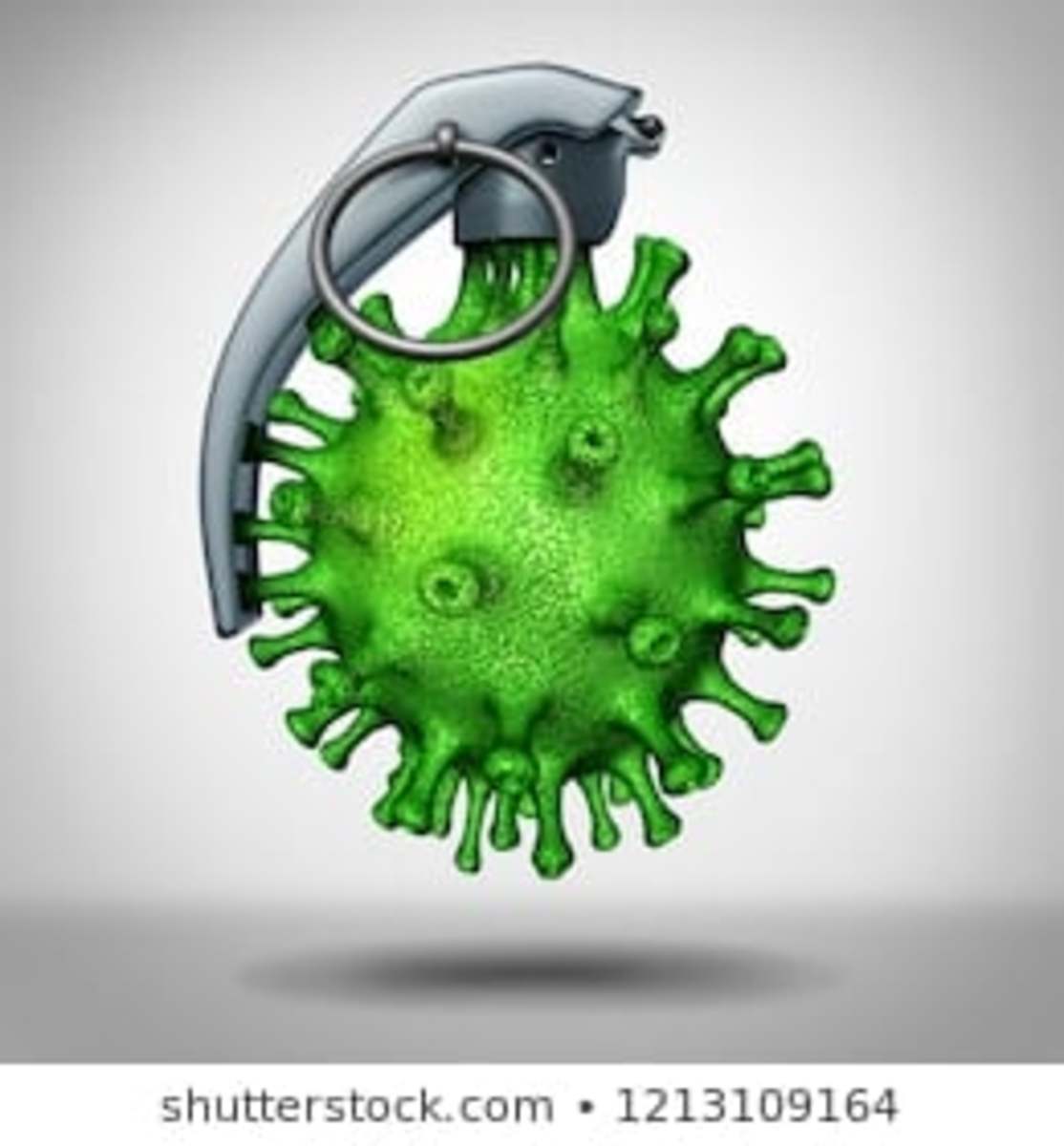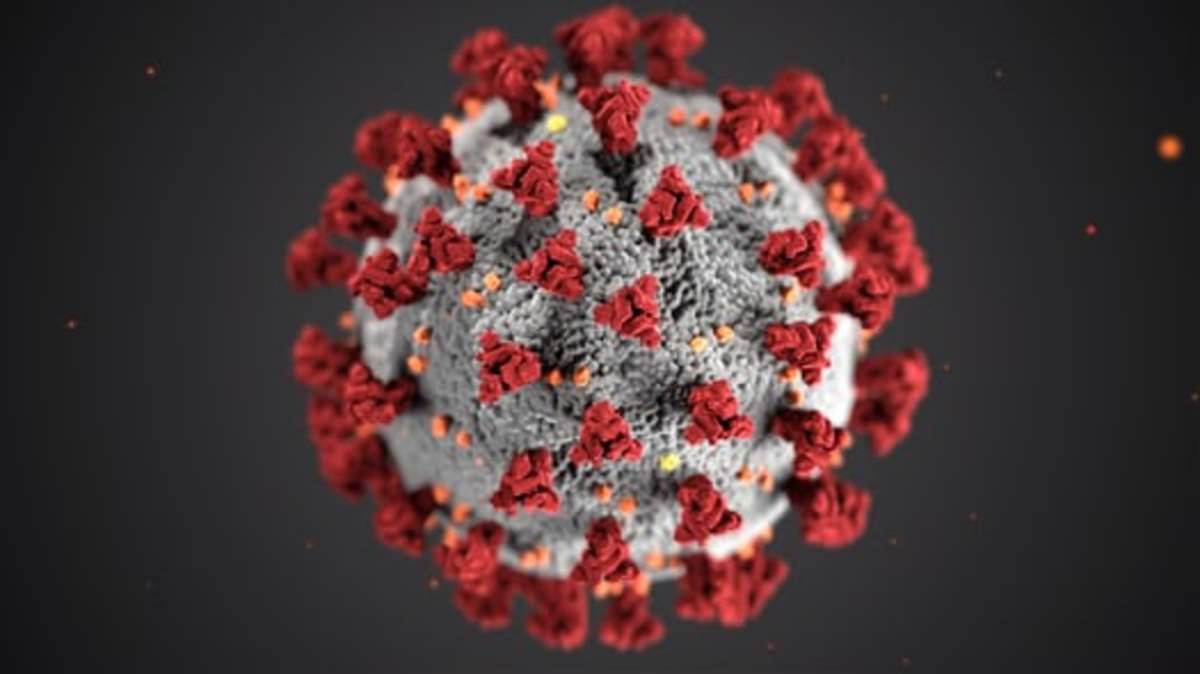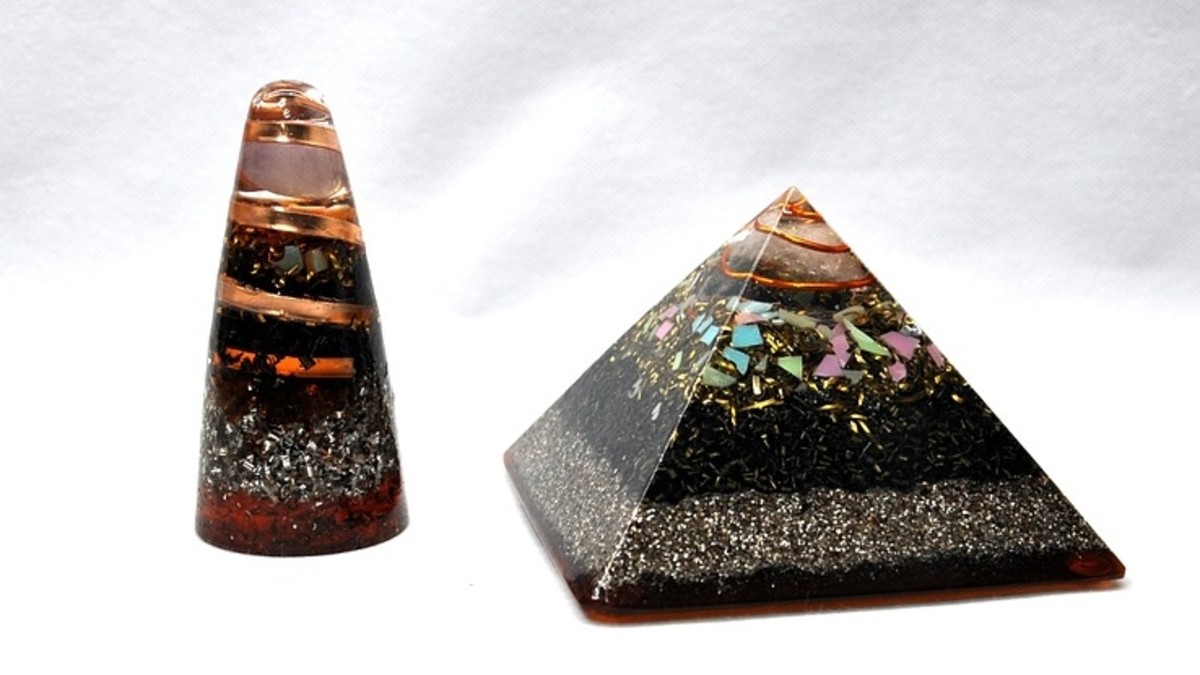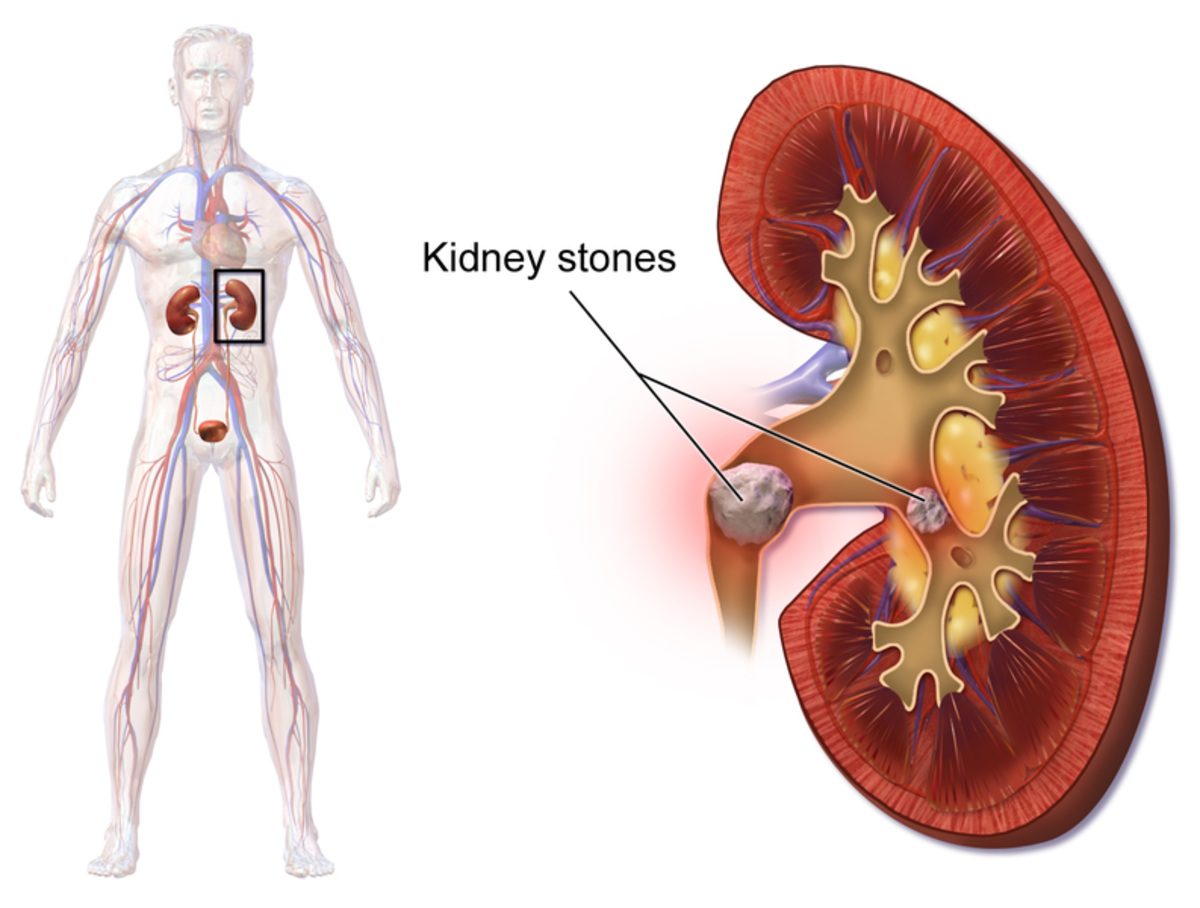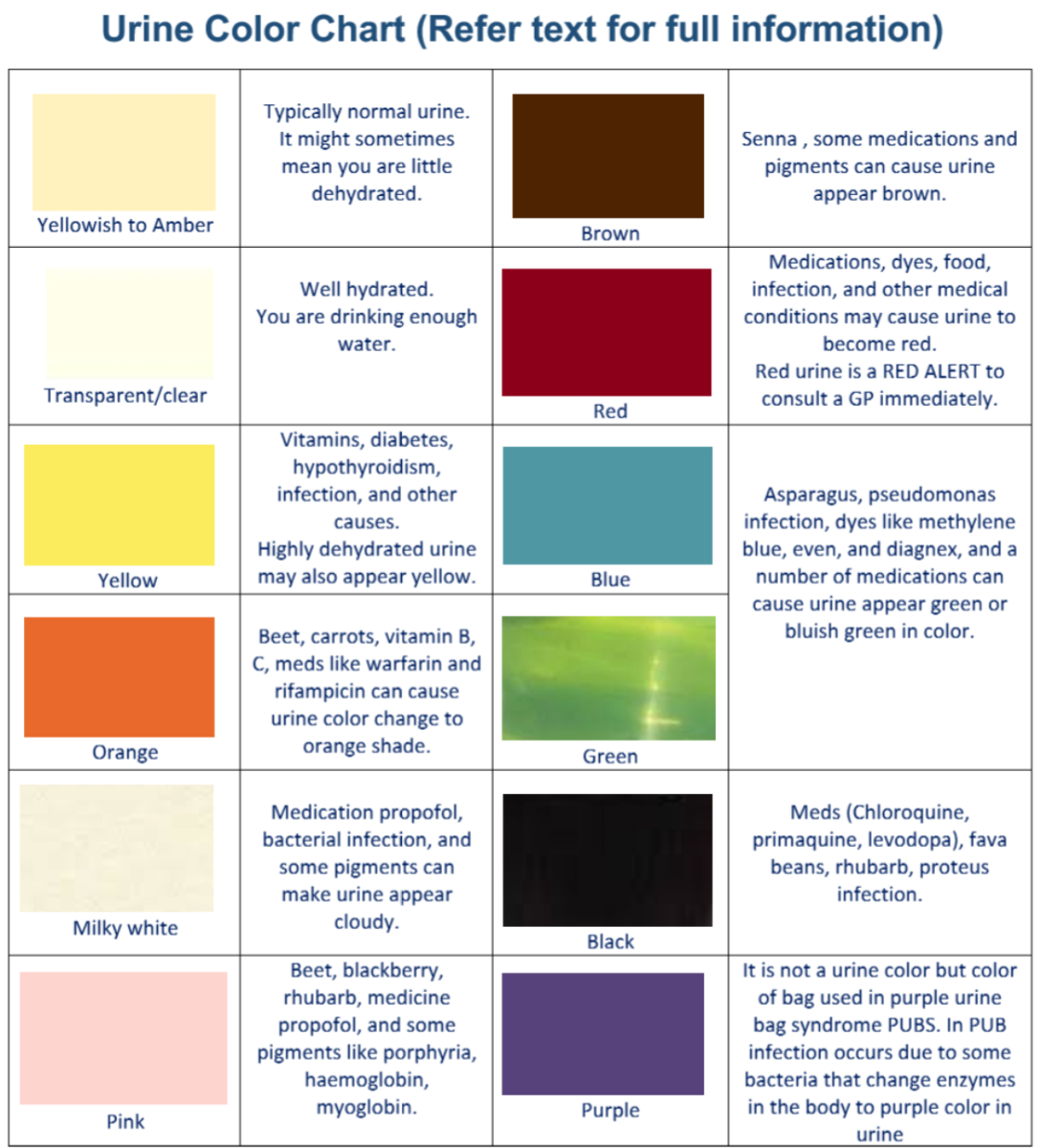The Fight Against Covid-19
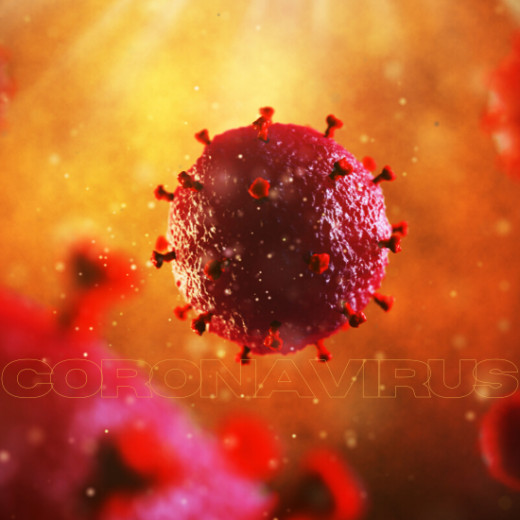
New Starting Points for Antidotes
So far, there is no effective antidote to Covid-19, even if some drug candidates seem to at least weaken the course of the virus. That could change in the future. Now a German research team has deciphered for the first time in more detail how and where the coronavirus intervenes in the protein production of our cells.
The team identified several starting points for blocking the virus. In initial tests with cell cultures, inhibitors for these metabolic pathways were able to stop the virus multiplication, as the scientists report. Some of these agents have also already been approved or are being tested in clinical studies.
Covid-19 is dependent, like all viruses, on the machinery of the host cell for its multiplication. In order to create new copies of its RNA genome and the proteins required for its envelope and capsule, the pathogen hijacks the metabolic pathways that the cell would otherwise use to produce its own components.
After the corona virus has entered the cells, part of its RNA strand migrates directly to the ribosomes, the cell’s protein factories, which use this code to produce viral enzymes. These then ensure that the viral genetic material is copied around and can serve as a template for new viral genes and proteins.
The cell machinery of the host then takes over the production of these daughter viruses again. Exactly how the new corona virus works and how the infection of the cell affects its own protein metabolism has so far been largely unclear.
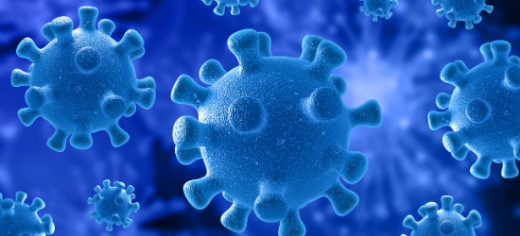
Approach to Protein Synthesis
A method that Denisa Bojkovafrom the University Hospital Frankfurt and her colleagues have used to research the cell metabolism changed by Covid-19 now provides new insights. To do that, they first infected a culture of human intestinal cells that had already been proven for the cultivation of other viruses with the corona virus.
Then, using a special variant of mass spectrometry, they observed how the protein biosynthesis in the affected cells changed. The mePROD methoddeveloped by the team enables high-resolution measurements.
We can measure the cell’s rapid reactions to stress within minutes, explains senior author Christan Münch from the University Hospital.
It means that we can now quantify thousands of proteins at defined time intervals after treatment
It enabled the team to understand for the first time exactly how the amount and production of around 6000 proteins changed in the first 24 hours after infection of the cell.
The evaluations showed that Covid-19 caused significant changes in the translation and protein synthesis of the host cell. However, these are different than for closely related corona virus such as Mers-CoV. That virus inhibits the production of the cell’s own proteins in order to use these resources and molecular raw materials for the production of viral proteins.
In contrast, that inhibition is not shown in Covid-19, as the researchers report
Instead, the virus appears to stimulate the cell machinery for translating gene codes into proteins and for protein production as a whole.
“Since components of the translation machinery were implemented at higher rates, we assumed that the replication of Covid-19 could be susceptible to inhibition of translation,” said Bojkova and her colleagues.
Therefore, they tested the effect of two known inhibitors in protein synthesis. The result,
Both active substances significantly inhibited virus replication and in non-toxic concentrations, according to the researchers.
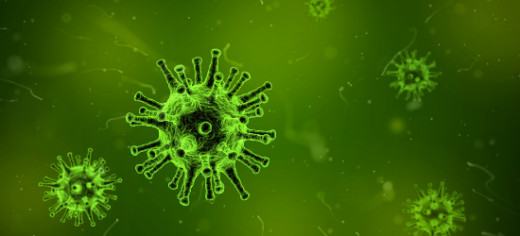
Promising Drug Candidates
But there are other starting points for inhibitors against the coronavirus. The experiments showed that the pathogen regulates the cell’s cholesterol metabolism, but stimulates the carbohydrate metabolism.
When the scientists added 2-deoxy-D-glucose, an inhibitor that attaches to a central enzyme of this glycolysis, this had an effect: That way, too, the researchers were able to stop the virus multiplication in cell culture. The interesting thing about it:
The American company Moleculin Biotech has already developed an active ingredient that is very similar to the inhibitor 2-DG. The company is now preparing the first clinical studies with this product.
The development is even more advanced with a further approach identified by the Frankfurt researchers. In their tests, Ribavirin was shown to be effective against Covid-19.
The agent is a substance that inhibits an enzyme required for the production of RNA building blocks. Because the corona virus needs these RNA building blocks for its multiplication, that inhibitor also proved to be effective in cell culture.
Ribavirin inhibits Covid-19 replication even at low, low molecular weight and clinically feasible concentrations,” report Bojkova and her colleagues.
In summary, the scientists identified several promising approaches to the coronavirus — and some of them could be covered with existing drugs.
We were, of course, aware of the potential scope of our results, even if they were generated in cell culture and need to be tested further,” says Münch.
It is certainly a stroke of luck that those results may now lead to further in vivo studies on drug development.
The successful use of active ingredients against Covid-19, which are components of already approved drugs, is a great opportunity to fight the virus. Substances are already thoroughly characterized and scientists know how well patients tolerate them.
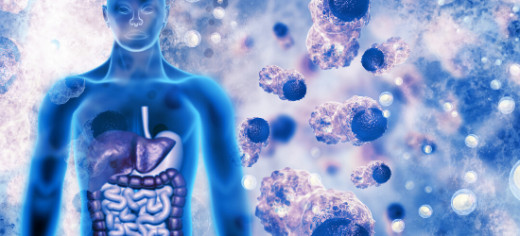
This content is accurate and true to the best of the author’s knowledge and does not substitute for diagnosis, prognosis, treatment, prescription, and/or dietary advice from a licensed health professional. Drugs, supplements, and natural remedies may have dangerous side effects. If pregnant or nursing, consult with a qualified provider on an individual basis. Seek immediate help if you are experiencing a medical emergency.
© 2020 Danyel


